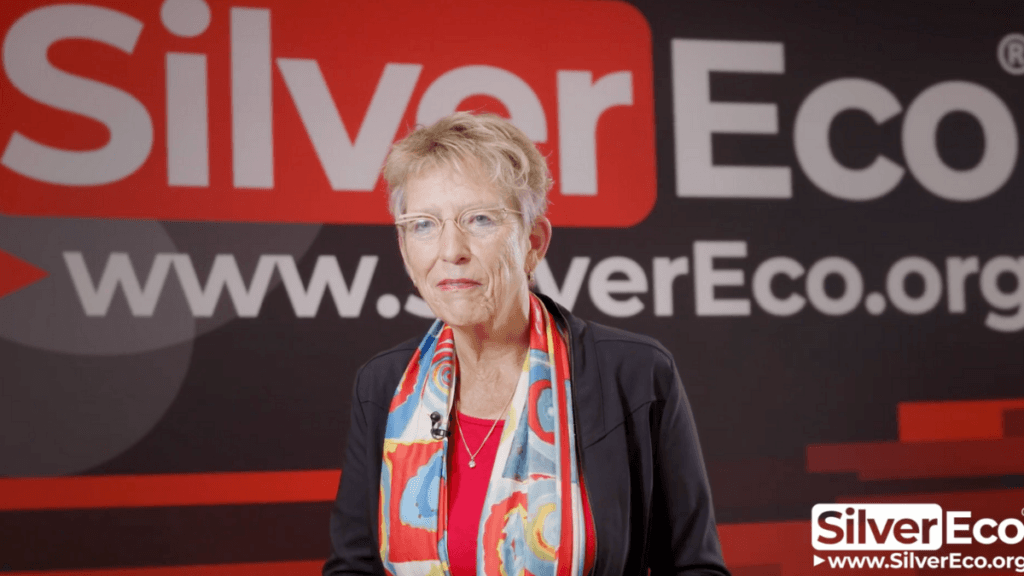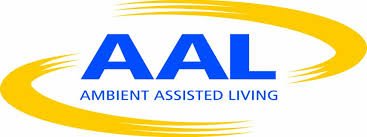At the SilverEco Festival, AAL Association President Geja Langerveld shared the organisation’s long-term vision and ambitions as one of Europe’s major supporters of innovation for ageing well.


AAL, a European Pioneer of Innovation for Ageing Well
AAL is the leading European programme dedicated to the silver economy. Since 2008, the AAL Association has been actively improving the quality of life of older adults by funding digital solutions that promote ageing well in all its dimensions, while strengthening industrial opportunities in this rapidly growing field.
AAL in key figures:
- More than 300 ICT-based projects supported
- Over €440 million in European Union funding
- 13 member states
AAL’s mission is clear: helping older adults stay connected, healthy, active and, above all, happy. The supported projects address major challenges such as chronic disease management, social inclusion, access to online services, mobility, daily-life support and assistance for informal caregivers.
His program aims to accelerate the emergence of innovative ICT-based products, services and systems that enable ageing well at home, in the community and at work. It also seeks to build a critical mass of research, development and innovation at the European level, notably by encouraging strong SME participation, and to create favourable market conditions for the large-scale deployment of ageing-well solutions. The entire effort relies on a European framework that promotes standardised solutions adaptable to local, regional and national contexts.
Spreading a Message of Inclusion and Urgency
For Geja Langerveld, now retired from day-to-day operations, one ambition remains central: ensuring that the lessons learned from AAL’s vast ecosystem reach as many stakeholders as possible. She insists on the importance of involving older adults directly in innovation processes, emphasizing that “there is so much to gain from the engagement of end users.” Her priority is to continue sharing this vision across Europe so that solutions become genuinely useful, intuitive and impactful in the daily lives of seniors and their families. As she puts it: “I really want to spread these learnings and insights.”
Langerveld also underlines the urgent need to integrate digital solutions into care systems, especially given the growing shortage of professional caregivers. Technologies that promote autonomy, social connection or easier access to services will be essential in the coming decades. “We really need to find other ways, and digital solutions can be a good part of them,” she explains. With ageing peaks expected as early as 2040, she calls for accelerated action across all European countries, each facing its own regulatory and structural challenges.
Lessons from 16 Years of European Innovation
Over the years, the AAL programme has gained a deep understanding of what enables innovators to succeed in the ageing-well market. Supported projects have shown how technology can enhance independence, support informal caregivers and improve the quality of care. “We learned a lot about what innovators can do to be successful,” notes Langerveld, highlighting the dual benefit of better solutions for older adults and stronger opportunities for companies operating in the silver economy.
But AAL’s impact goes far beyond funding. The association developed robust methods to help projects improve their market readiness, combining clear criteria, close monitoring and substantial hands-on support. “We really tried to stimulate innovators and support them to realise their potential,” Langerveld explains. Through training sessions, workshops, coaching and investor-pitch preparation, AAL helped hundreds of teams strengthen their strategy and navigate the path from prototype to real-world deployment.
Published by the Editorial Staff on
